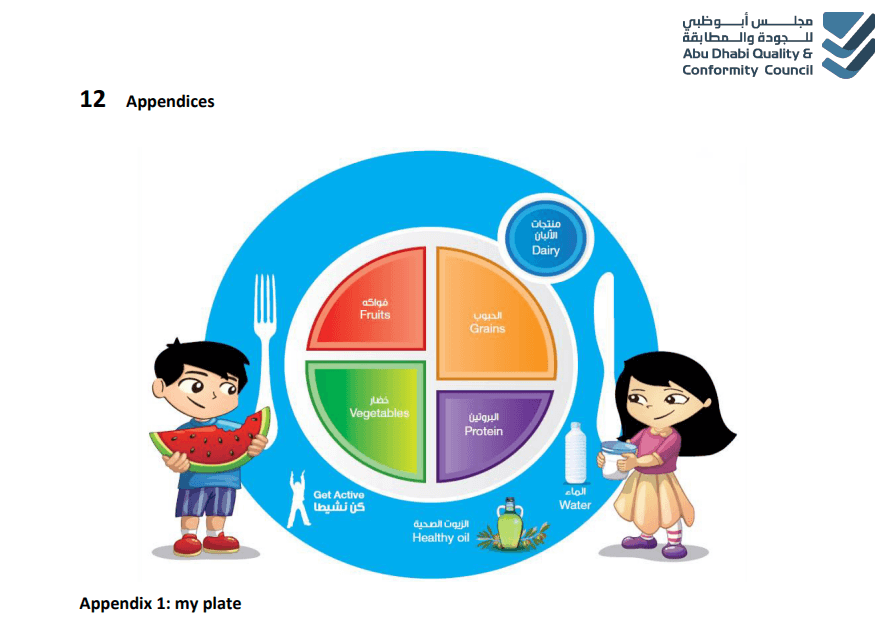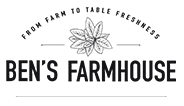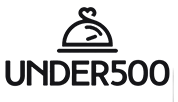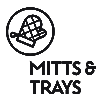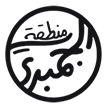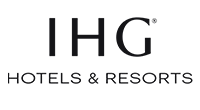Labeling Food Products in Dubai: A Complete Guide for Manufacturers and Distributors Based on UAE.S 192:2019
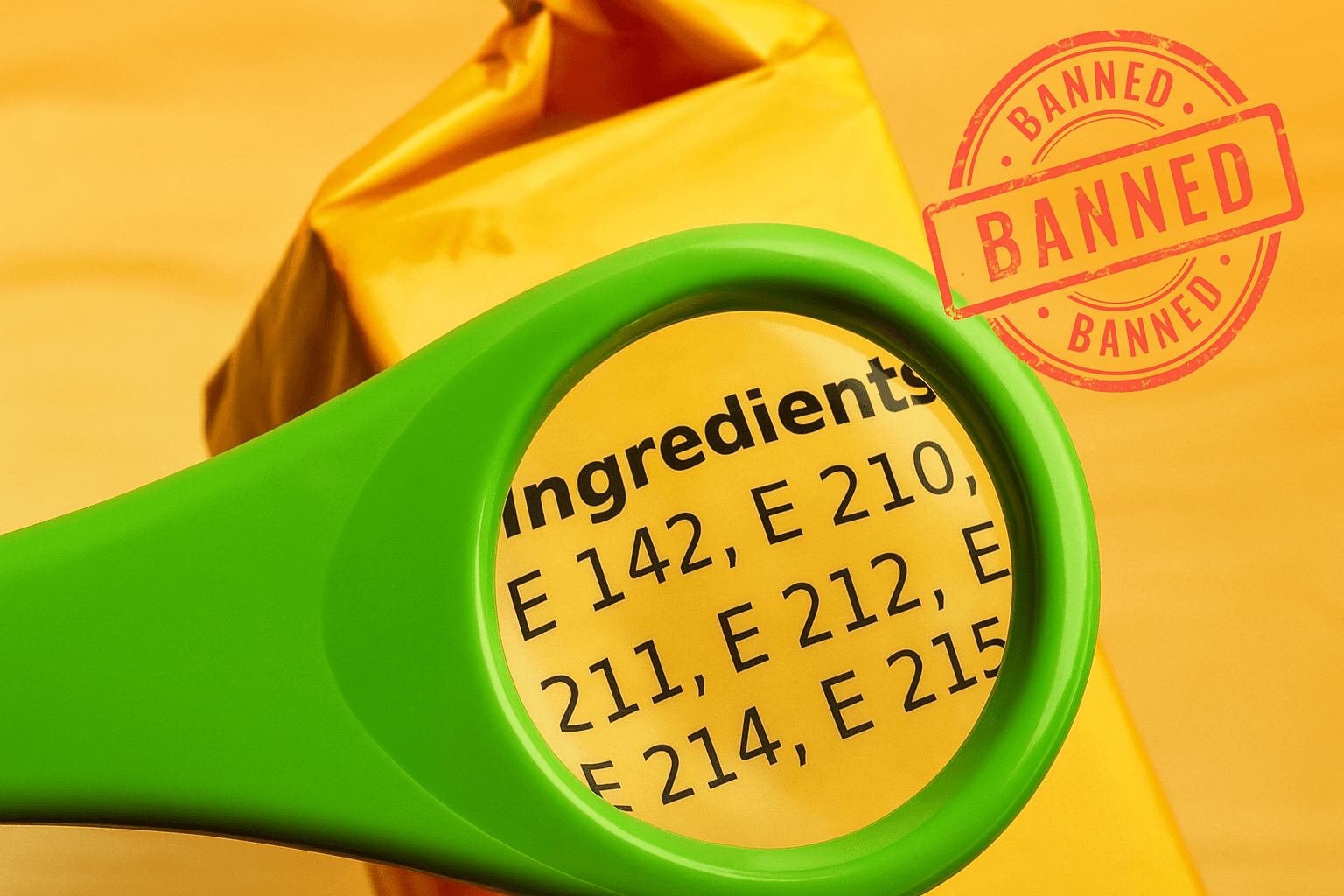
Labeling Food Products in Dubai: A Complete Guide for Manufacturers and Distributors Based on UAE.S 192:2019
Entering the UAE food market—especially in Dubai—requires precise compliance with strict food labeling regulations. Manufacturers and distributors must adhere to UAE.S 192:2019, which governs food additives, and UAE.S 9:2019, which regulates food labeling. These standards align with Codex Alimentarius and the European Union Food Additives Database, ensuring consistency with global safety and transparency standards.
Whether you are manufacturing locally, exporting into the UAE, or distributing products across the Emirates, understanding the rules around ingredient labeling, E numbers, flavors, and food acids is essential for a smooth market entry.
This blog is your comprehensive guide to food labeling compliance in Dubai, with a focus on what manufacturers and distributors must do to avoid delays, fines, or product rejection.
1. Overview of UAE.S 192:2019 – Additives Permitted for Use in Foodstuffs
UAE.S 192:2019 sets out the food additives that are permitted for use in the UAE. It is primarily based on:
-The Codex General Standard for Food Additives (GSFA)
-The European Union Regulation (EC) No. 1333/2008
The UAE standard recognizes both sources but prioritizes Codex. Where Codex is silent, the EU regulations are used as a fallback.
This standard includes specific information such as:
-Maximum permissible levels of additives
-Conditions of use per food category
-Technological functions (e.g., preservative, color, acidity regulator)
2. Is There a Banned List of Food Ingredients?
Dubai Municipality does not maintain a public list of banned food ingredients. Instead, UAE.S 192:2019 functions as a positive list—meaning if a food additive is not included or permitted in this list (or its Codex/EU equivalents), it is effectively not allowed.
A few exceptions and recent updates include:
-Titanium Dioxide (E171) was officially banned in 2023 following concerns about its safety.
-Some colorants or sweeteners not widely approved in Codex or the EU are not permitted in the UAE.
If you’re using a novel ingredient or uncertain about regulatory approval, it is best to submit an inquiry to Dubai Municipality with full documentation.
3. E Numbers and Additives: How to Label Them Correctly
One of the most common reasons for food product rejection in Dubai is incorrect labeling of additives. According to Clause 5.2.4 of UAE.S 9:2019, all food additives must be declared with:
-Common name of the additive
-E number, where applicable
-Function of the additive, such as “color,” “preservative,” or “acidity regulator”
✅ Correct labeling example:
Preservative (Sodium Benzoate (E211))
Acidity Regulator (Citric acid (E330))
❌ Incorrect labeling examples:
“Additives: E330, E211” (no names or functions)
“Contains preservatives” (vague)
Each entry must be complete, and functions like “anti-caking agent,” “emulsifier,” “stabilizer,” or “thickener” must be specified where relevant.
This level of detail is essential for UAE food compliance and avoids delays during the label review process.
4. Labeling Acids and Acidulants: Citric, Lactic, and More
Acids, including citric acid (E330), lactic acid (E270), malic acid (E296), and others, are commonly used in food manufacturing as preservatives or flavoring agents.
These ingredients are classified under acidifiers or acidity regulators and must be labeled just like any other additive.
According to UAE.S 9:2019:
-You must declare the additive name, E number, and its function.
-The source of the acid (e.g., plant-derived, synthetic) is not mandatory but may be required if relevant to consumer safety (e.g., for allergies).
✅ Labeling example:
Preservative (Lactic acid (E270))
5. Flavouring Agents: Natural, Nature-Identical, or Artificial?
Dubai regulations are specific about the labeling of flavoring substances. Clause 5.2.9.3 of UAE.S 9:2019 requires that manufacturers clearly declare whether a flavor is:
-Natural flavor – directly extracted from natural sources (plants, animals)
-Nature-identical flavor – synthetically produced but chemically identical to natural substances
-Artificial flavor – synthetic and not found in nature
✅ Compliant labeling example:
Natural Flavor (Vanilla flavor)
Nature-identical Flavoring (Strawberry flavor)
❌ Incorrect example:
Strawberry flavor (too vague)
These classifications help ensure transparency and are especially important for products marketed as clean label, organic, or natural.
6. Common Labeling Pitfalls to Avoid
To maintain UAE food compliance, manufacturers and distributors should avoid the following mistakes:
-Listing only E numbers without names or functions
-Using vague terms like “flavorings,” “colors,” or “preservatives”
-Not distinguishing between natural and artificial flavors
-Using additives not listed in UAE.S 192:2019 without special approval
-Mismatched Arabic and English ingredient label requirements
Dubai Municipality performs strict checks during the product registration and label review process. Even small errors can result in rejection or delay.
7. How to Handle Unlisted Ingredients
If your product includes an ingredient not explicitly found in UAE.S 192:2019 or not clearly approved in Codex or EU regulations:
-Gather all technical documentation (source, function, safety studies)
-Submit a formal inquiry to Dubai Municipality Food Safety Department
-Await written approval before importing or distributing
This step is especially important for novel ingredients, proprietary blends, or functional foods.
8. What Distributors Must Ensure Before Launching a Product
For food distributors, ensuring food labeling compliance in Dubai involves more than just logistics. You must:
-Confirm that ingredient lists match UAE regulations
-Ensure E numbers and functions are properly declared
-Review all imported labels for translation accuracy
-Verify that banned or restricted additives (e.g., E171) are not present
Distributors are legally responsible for the products they sell—even if they are not the manufacturer.
9. Reference to International Regulations: Codex and EU
Dubai’s food regulations, including UAE.S 192:2019, explicitly refer to:
-Codex Alimentarius GSFA
-EU Regulation No. 1333/2008
If a food additive or labeling format is accepted under both systems, it is generally accepted in the UAE. However, local guidelines always prevail, so do not assume equivalence without checking UAE-specific requirements.
10. Final Checklist for Food Manufacturers and Distributors
Here’s a quick UAE food compliance checklist:
✅ Use only additives listed in UAE.S 192:2019 or Codex/EU equivalents
✅ Label each additive with: name + E number + function
✅ Clearly declare whether flavors are natural, nature-identical, or artificial
✅ Avoid outdated or banned ingredients like Titanium Dioxide (E171)
✅ Submit inquiries for unlisted or new ingredients
✅ Translate all Arabic and English label content consistently
✅ Keep documentation ready for all components in the product formulation
Conclusion
Food labeling compliance in Dubai is non-negotiable for food manufacturers and distributors. With clear guidelines under UAE.S 192:2019 and UAE.S 9:2019, businesses have the tools they need to stay compliant and avoid costly setbacks.
Whether you're launching new products, importing from abroad, or distributing across the Emirates, following ingredient label requirements and using compliant formats is essential for long-term success.
By staying updated with regulatory changes—like the recent ban on E171—and using approved additive references like Codex and EU databases, your business can operate confidently and responsibly in the UAE food market.
Government Partnership
Coming Soon
Frequently Asked Questions
NutriCal provides comprehensive nutritional analysis beyond calorie counts, encompassing allergens, meal types, and customized food labels. You can also effectively manage recipes, tailor menus, and generate insightful reports.
NutriCal is an online platform accessible from anywhere with an internet connection. Our services have a global reach, with a strong focus in the GCC region.
NutriCal collaborates with a diverse range of establishments, including food brands, suppliers, retail chains, and restaurants in the GCC.
Absolutely! NutriCal offers a complimentary trial period. Reach out to us to initiate your trial experience on our platform.
For detailed pricing information, please get in touch with our dedicated sales team. Our pricing plans are flexible and tailored to suit your specific business requirements.
We provide both monthly and annual subscription plans, granting you the choice to select the payment option that aligns best with your preferences.
NutriCal allows seamless integration of missing ingredients through credible data sources, ensuring a complete and personalized database.
NutriCal's data originates from reputable sources such as USDA and undergoes rigorous theoretical analysis, ensuring utmost precision in nutritional calculations.

